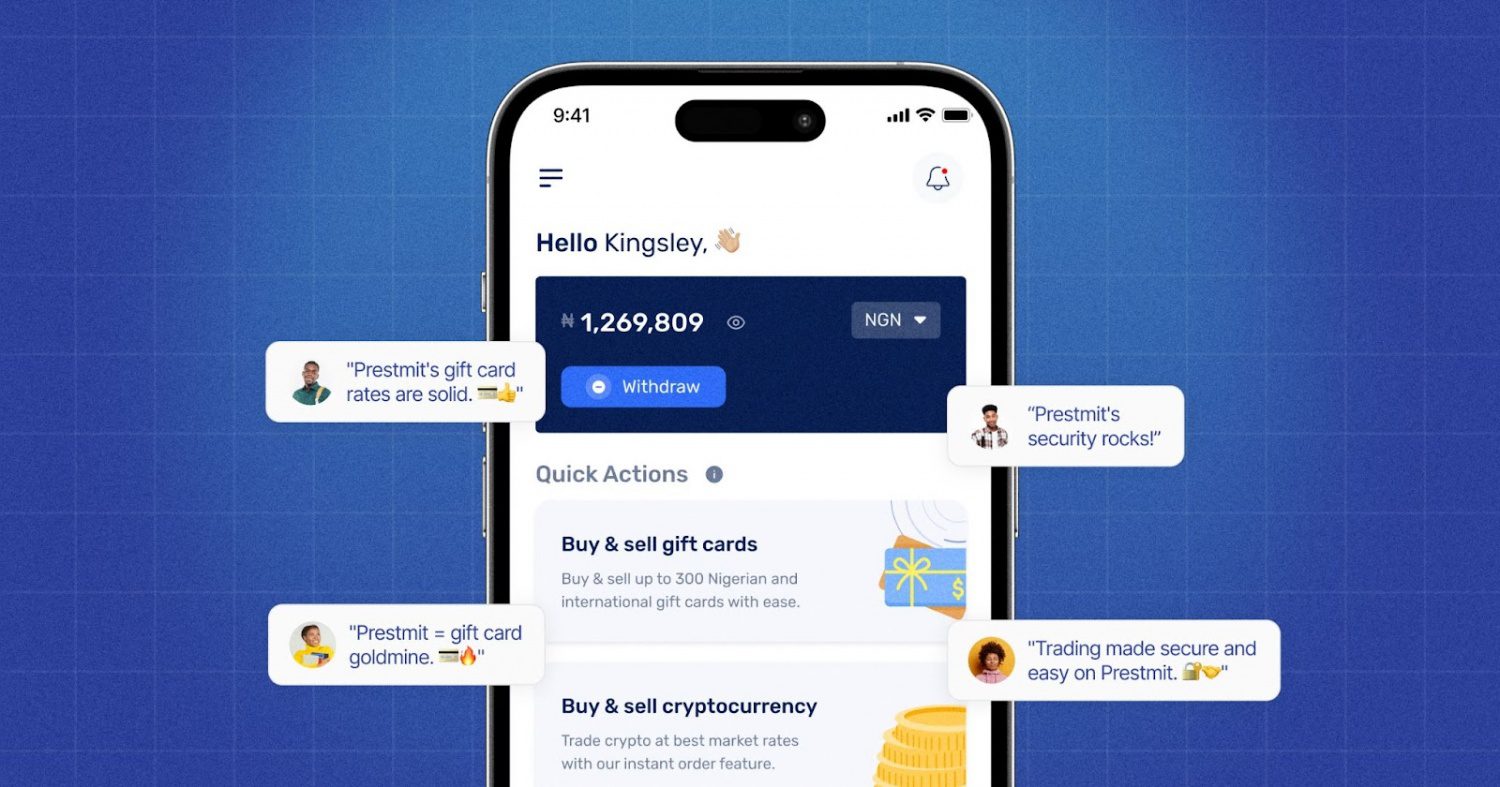Table of Contents
Gift cards are a simple prepaid card widely used by most of the world’s population. They carry a unique appeal because they combine the flexibility of cash with the personal touch of a gift. For many people, receiving a gift card feels like being handed instant purchasing power for shopping online, dining out, or covering everyday expenses. Their popularity has grown as businesses, employers and even digital platforms adopt them for rewards, promotion, and incentives.
However, this convenience raises an important question that is often overlooked: Do you pay taxes on gift cards? At first, it sounds like a strange question; after all, it’s just a card loaded with value. But while a card may seem as straightforward as its face value, tax authorities see things differently. What looks like a simple token of appreciation can, in some cases, be treated as taxable income or a deductible expense.
The way a gift card is taxed can vary depending on who is involved, an individual, an employee, or a business. This makes it essential to understand the rules that govern gift card taxation. Knowing how gift cards are classified for tax purposes can help you avoid unexpected liabilities, stay compliant with regulations, and even make smarter financial or business decisions.
Are Gift Cards Taxable for Individuals

When it comes to everyday use, individuals don’t pay taxes just for buying a gift card. For example, purchasing a $50 Amazon gift card or Walmart gift card is treated the same as exchanging cash for a stored value card. The transaction itself does not attract sales tax because no tangible product or services have been purchased yet, it is simply a transfer of funds.
The Tax conversation changes slightly when you redeem a gift card. Using a card to buy goods or services doesn’t create an additional tax obligation beyond the normal sales tax applied at checkout. Things become more complex when gift cards are traded for cash, cryptocurrency, or resold at a profit. In these cases, the IRS in the United States and many tax authorities across the world may treat the transaction as a form of income or even capital gain.
Real-world scenarios highlight these differences. A holiday card worth $50 from a relative is not taxable but winning a $200 gift card in a company-sponsored raffle, is taxable income. Buying discounted iTunes gift cards in bulk and flipping them online for profit could fall under taxable gains. These examples show that while personal gift giving is tax-free, using gift cards for trading or earning opportunities can create obligations you will need to account for during tax season.
Are Gift Cards Taxable for Employees?
In most countries, tax authorities treat employee gift cards as a form of compensation rather than a personal gift. This is quite simple, since a gift card functions just like cash, it provides clear monetary value to the employee. As a result, gift cards are generally classified as taxable fringe benefits no matter the amount or occasion.
This means employers usually have reporting and withholding obligations. The value of any gift card given whether as a holiday bonus, a performance reward, or part of an incentive program must be added to the employee’s taxable income. Payroll taxes and social contributions are then calculated on that amount, just as they would be for a cash bonus.
A $50 supermarket card handed out during the holidays, a $200 voucher for meeting sales targets, or even a small card for dining out are all typically subject to tax reporting. While the gesture may feel like a gift, tax authorities see it as additional pay.
Are Gift Cards Taxable for Businesses?
For business, the tax treatment of gift cards depends on how they are used. When companies give gift cards to employees, they are treated as taxable compensation but the business usually deducts the cost as a legitimate business expense. Similarly, if gift cards are distributed to clients, partners, or vendors as part of marketing or relationship-building efforts, the cost may also qualify as a deductible expense, subject to local limits on entertainment and promotional deductions.
Gift cards are also common in promotions and customer reward programs. For instance, a retail store might offer a $20 gift card for spending $100. In such cases, the value of the card is typically recorded as a marketing expense while the redemption is treated as a reduction in revenue or accounted for under promotional costs. Businesses must carefully track both issuance and redemption to stay compliant with accounting standards and tax reporting requirements.
Compliance tips include maintaining clear records of when cards are issued, redeemed, or expire, and consulting tax advisors to confirm how deductions apply in their jurisdiction.
How to Trade Gift Cards

Gift cards don’t always have to be spent at the issuing store, many individuals choose to sell or exchange them for cash or cryptocurrency. This has created a thriving secondary market where gift cards can be turned into usable value like cash or crypto. Trading gift cards is only worthwhile if it is done securely. Platforms like Prestmit make this process safe, allowing users to buy or convert gift cards into local currency or digital assets.
Prestmit is known for its fast payment, competitive rates, and support for both cash and crypto withdrawals. The platform provides a safe environment for you to trade gift cards without worrying about scams or undervalued offers.
To buy gift cards from Prestmit:
- Visit the official Prestmit website or download the App from the Google Play Store or Apple Store.
- Create an account and log in to your dashboard.
- Click on “Gift Card” and choose “Buy Gift Card”.
- Choose the gift card you want to buy from the list and select your gift card type.
- Enter the amount you want to buy.
- Select your payment method (Naira, Cedis, Crypto, or Bank Transfer)
- Proceed to complete your transaction.
To Sell Gift Cards on Prestmit:
- Go to the Prestmit website or download the App from the Google Play Store or Apple Store.
- Create a Prestmit account or log in to your existing account.
- On your dashboard, tap “gift card” and choose “Sell Gift Card”.
- Choose your preferred payment method – Naira, Bitcoin, or USDT.
- Select the gift card type under the listed categories
- Enter the amount of the gift card you want to sell.
- Upload a clear image of the gift card or type the code.
- Follow the prompt to submit your card for verification. Once your card is confirmed, you will immediately receive payment in your selected wallet.
Tax Planning with Gift Cards
Smart tax planning with gift cards comes down to timing and strategy. For individuals, one way to minimize tax burden is to understand when gift cards count as income. Cards received as part of a contest, raffles, or workplace rewards should be reported while personal gifts usually are not. Keeping track of these differences ensures you only pay tax where necessary and avoid overreporting or missed obligations.
Timing also plays a role. For example, if a business plans to give employees or clients gift cards, issuing them before the year-end can help record deductible expenses in the current tax year. On the personal side, redeeming cards for taxable purchases or rewards may affect when those expenses show up in your financial records. Aligning gift card activity with your broader tax calendar can create small but meaningful advantages.
For businesses, using gift cards as part of promotions, client appreciation or employee bonuses can be deductible, provided the rules are followed and reporting is accurate. The key is avoiding common mistakes such as failing to include employee gift cards in payroll taxes or neglecting to account for unredeemed balances as liabilities.
Frequently Asked Questions (FAQs) on Gift Card Taxation
Do I pay tax when buying a gift card?
No. Buying a gift card is treated as purchasing stored value, so sales tax does not apply at the point of purchase. Tax only applies when it is used to buy goods and services.
Is trading gift cards online taxable?
Yes. Profits made from selling or exchanging gift cards for cash or cryptocurrency are generally treated as taxable income or capital gains.
How does sales tax apply to items bought with gift cards?
Sales tax applies to the product or service purchase, not the gift card itself. Using a $100 card to buy electronics still requires paying the regular sales tax at checkout.
Are digital gift cards taxed differently from physical ones?
No. Tax rules apply the same way to digital and physical gift cards since both hold equivalent stored value.
Can gift cards be used to avoid taxes?
No. Tax authorities treat gift cards as cash equivalents, so attempting to use them to avoid tax is not effective and could create compliance issues.
Conclusion
Gift cards may feel simple, but taxation rules make them more complex than they appear. Their treatment depends on context whether personal, employment, or business, and understanding the differences is key to staying compliant. The main takeaway is clear: individuals typically only face tax when redeeming or trading cards, employees almost always have their gift cards treated as taxable benefits, and businesses can deduct the cost of cards if they follow proper reporting and accounting rules.
If you trade or use gift cards frequently, the smart move is to use trusted platforms like Prestmit for secure transactions and tax compliance. That way, you can enjoy the flexibility of gift cards without worrying about unexpected tax issues.
Last updated on September 19, 2025

